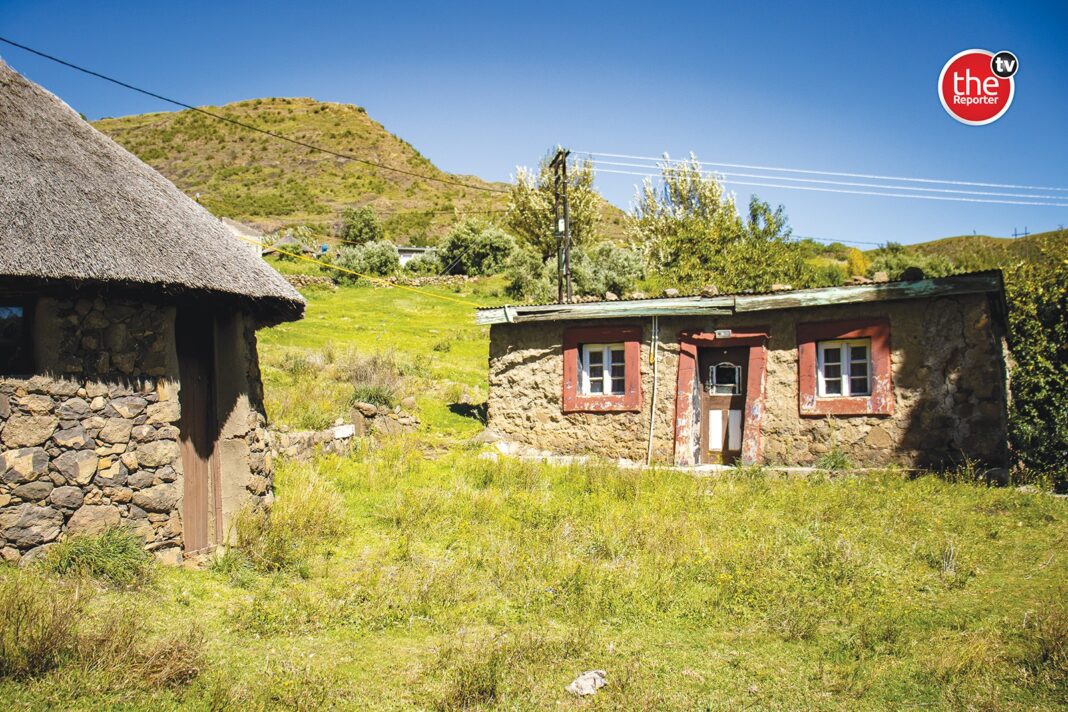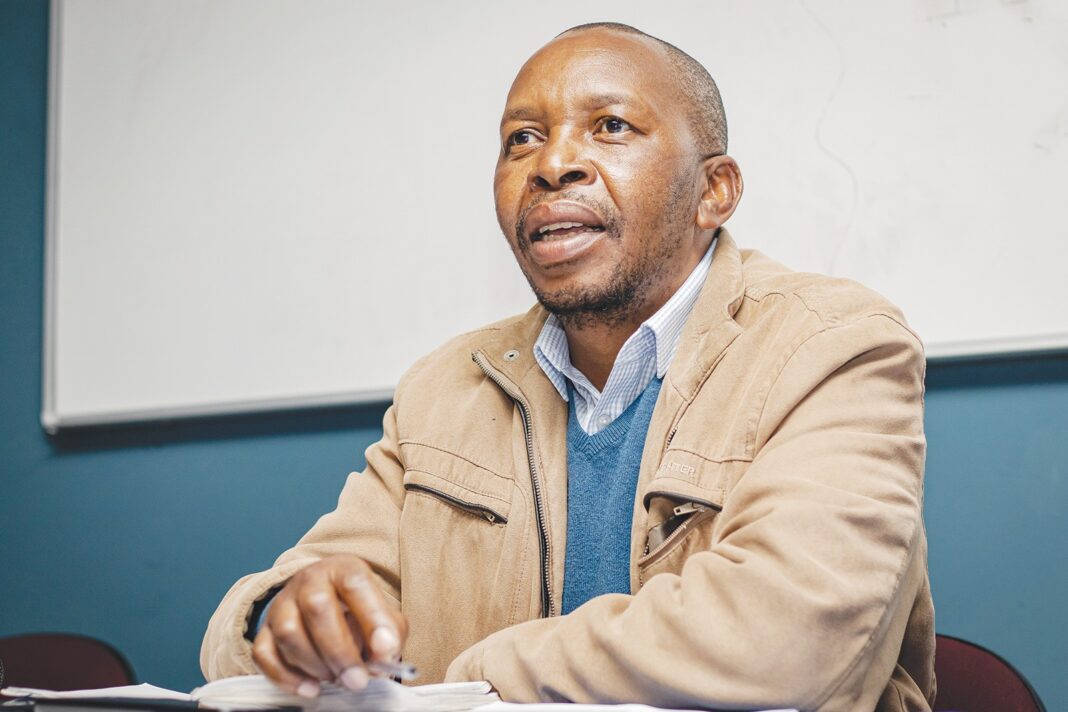By Seleoe Nonyane
Communities in parts of the Thaba-Putsoa constituency in Maseru are delighted that electricity has been connected to their households and they no longer have to endure darkness at night.
The residents of Ha Mohlachane are some of those who are no longer living in darkness after the rural electrification project came to their rescue.
The villagers view this as a whole new page in their lives as the power supply has opened doors for developments in their area, and better living conditions.
The power supply has long been in the pipeline but was stalled as bickering among politicians took a toll that, resulting in delays to implement the giant project.
Added to that was lack of funding to back up the development as villagers had to contribute to the implementation.
One excited villager of Ha Mohlachane, ‘Maclementina Motsoto, who rears broilers and sells beer to make a living for herself and her two grandchildren, has welcomed the energy supply in her dwelling as it has made her life and those around her easier.
She said the advancement was achieved through a scheme designed to bring power to their homesteads. The scheme commenced in 2017 whereby each household was to contribute M2 000 to commence with the works.
“At the commencement of the scheme, a lot of us hesitated to pay because we did not believe in the scheme as we thought it was a scam. However, with time we started paying in instalments and I paid M500 for the first time and followed up with another M500 later.
“I have an outstanding balance of M1 000 but when the project started I was among the beneficiaries that acquired electricity”, Motsoto said.
She said the electricity has improved the quality of her life as she is now able to save time compared to when she had no power.
“I am able to light my house and use my electrical kettle when I am in a hurry because it is faster and saves a lot of my time. I also use electricity for cooking and ironing”, Motsoto indicated.
The 75-year old Motsoto said she purchases electricity of M50 that last a whole month, something she can easily afford. She added that she simply sends money to her daughter so that she can buy her electricity and send it to her.
Her neighbor, 26-year old Mocheko Mohlachane confirmed that it was the electricity scheme that made it possible for her family to get electricity and that his family only contributed M500, despite each household being expected to cough out M2000.
Mohlachane is a husband and a father of two children, who supports his family through farming. He grows vegetables and beans and sells them to earn a living.
Compared to firewood, which is sometimes difficult to gather, electricity is a bit cheaper and affordable for him.
“Apart from that, before we had electricity we would use a generator and it was very expensive to maintain as it required fuel. Therefore, to me life without electricity was more expensive”, he explained.
He added that he spends M100 for electricity and it is quite convenient for him and his family.
Another beneficiary who only identified himself as Sello, is a 35-year old man who worked as a labourer during the power installation. He is also among those over the moon at the success of the project in their village.
He said residents came together and formed a scheme in which they contributed money. But he couldn’t remember the exact amount each family paid. His livelihood is dependent on farming.
“There are no jobs therefore, I survive by growing crops and selling them in order to support my family of four,” he said.
He further said he only buys electricity of M20 which he uses for lighting.
However, not all households are electrified. One household that did not acquire electricity is that of ‘Mathabo Mosasa who lives with her two children and husband.
Speaking to theReporter, the 26-year old mother of two indicated that her home is not electrified because she came to the village after the project was completed.
She is hopeful that one day she will also have her house electrified to improve her quality of life.
Charging her mobile at neighbours’ homes is proving to be a huge inconvenience as as she sometimes misses important calls.
The mother of two said she supports her family through farming while her husband works as a herdsman.
There are about five communities in the Thaba-Putsoa constituency in which the project has been implemented under the rural electrification unit of the ministry of energy.
However, there is one village called Likolobeng that did not get powered due to work that was left incomplete by an unnamed contractor.
The councilor for Likolobeng, Moosho Molepe, said Likolobeng was left behind because of unfinished work.
“The contractor who was working in our village commenced before other contractors who were assigned to other villages; this was before the Covid-19 pandemic but to this day we are the only village without electricity”, he emphasized.
He regretted that villagers have to walk long distances to draw water from a tank that was meant to supply the villagers in his vicinity. The water project was also left incomplete.
Quizzed about the developments in the area, the Rural Electrification Unit’s project manager Leloko Mokhutsoane confirmed that the contractor who was awarded the tender to carry out works in Likolobeng abruptly abandoned the project. He promised that preparations were at an advanced stage to engage another contractor to complete power installation.
He said poor road infrastructure was delaying efforts to transport materials to facilitate completion of the power supply.









